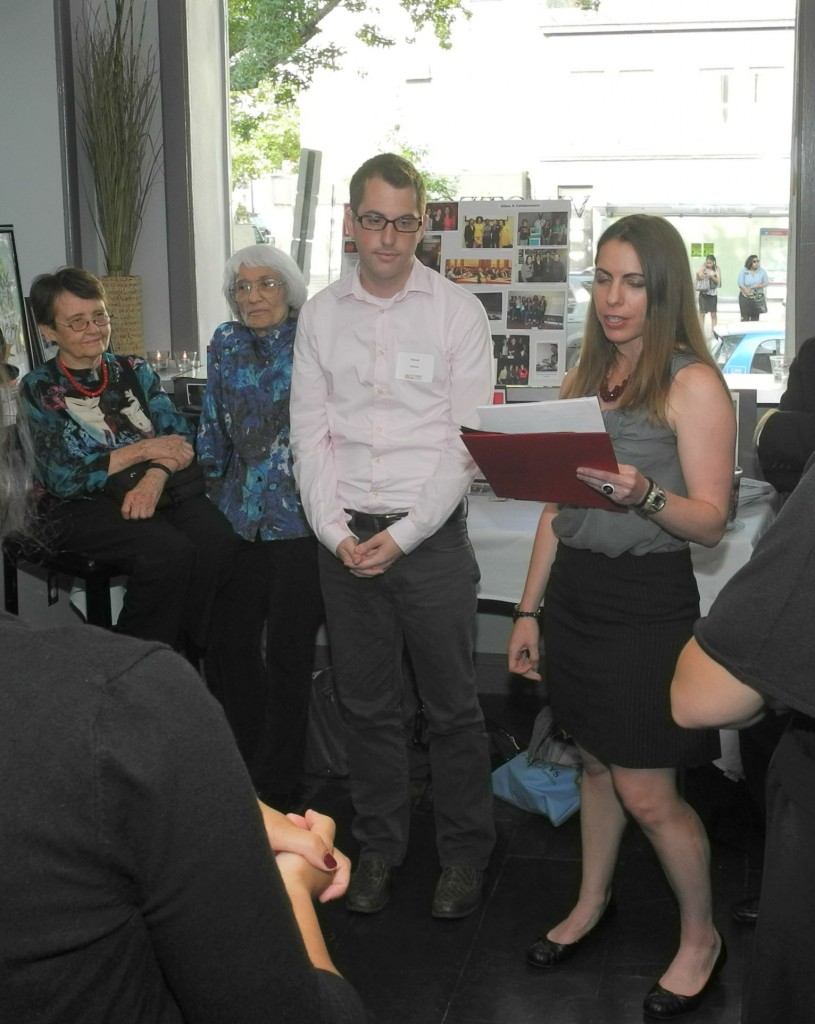I take dance classes near my apartment and frequently walk down a crowded street to get there. One day I was walking home after an especially intense class, clearly sweaty and out of breath with messy hair. I walked by a man who yelled loudly to his male friends, “OOOOH, WOW, look at Miss All-Natural coming our way.”
I ignored him and kept walking, trying to pass them quickly.
“..that’s a little too natural for me though!” the man added after I refused to respond. He and his friends laughed.
They took up the entire width of the sidewalk, so I had to walk through their group to get by. I walked with my head down. It was humiliating and HORRIFYING to know that people like this exist – people who think it’s okay to yell at a girl on the street, and then make fun of the way she looks when she refuses to respond.
What I look like shouldn’t matter, but I almost felt like how dressed down I was should have been a deterrent for awful guys like this. The incident made me feel like there is absolutely nothing I can do about street harassment. I felt weak and powerless.
– Anonymous
Location: Hollywood Boulevard in Los Angeles, CA
Share your street harassment story for the blog.

